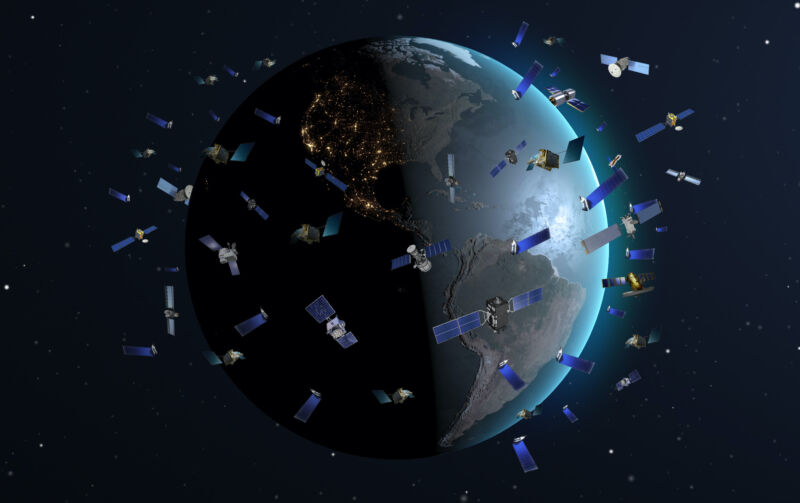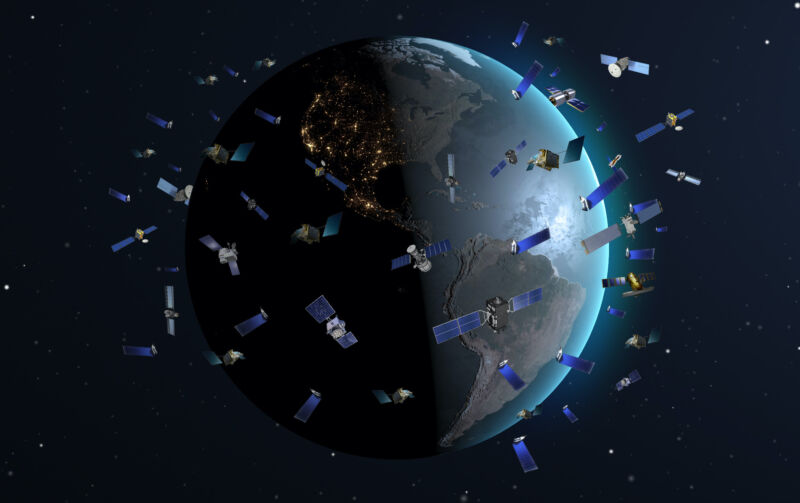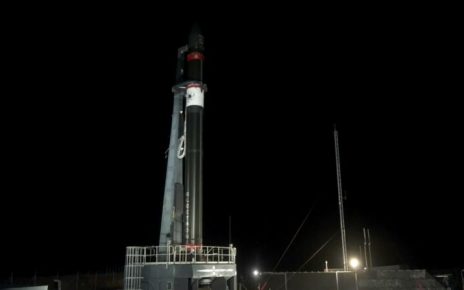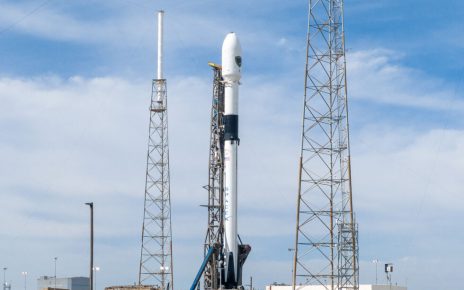
Enlarge / Artist’s impression of low-Earth-orbit satellites like those launched by SpaceX and OneWeb. (credit: NOIRLab / NSF / AURA / P. Marenfeld)
A UK government agency is worried that OneWeb, SpaceX’s Starlink, and similar low Earth orbit (LEO) satellite-broadband systems could block each others’ signals.
Ofcom, the UK’s communications regulator, proposed new rules today in a report that details its interference concerns. Ofcom also said it intends to amend satellite licenses already issued to SpaceX and OneWeb to require coordination of frequency use. Without new requirements, the risk of interference could prevent competition by shutting new players out of the market, Ofcom said.
Non-geostationary satellite orbit (NGSO) systems are more complex than the traditional geostationary type because they use hundreds or thousands of satellites, Ofcom noted. “Satellite dishes need to track these satellites as they move across the sky, unlike existing satellite networks, where the dishes are fixed pointing at a single satellite which is stationary in the sky,” the Ofcom report said. Because so many low-Earth-orbit satellites are being launched, “there is a risk of satellites from two different operators appearing to be in the same part of the sky,” causing interference known as “in-line events” in which multiple operators’ satellites are lined up in the sky, Ofcom wrote.





